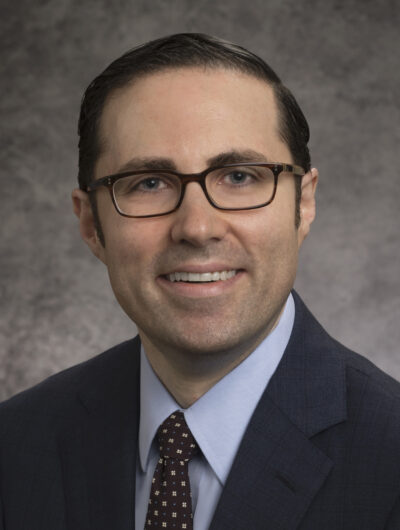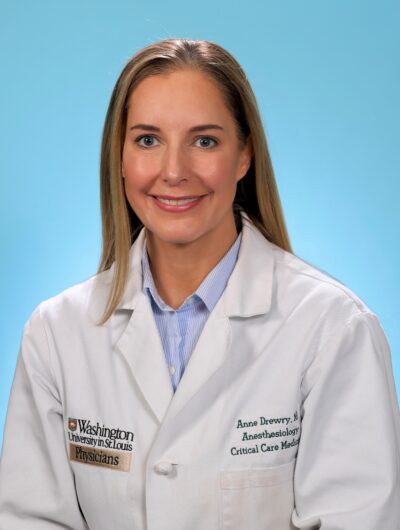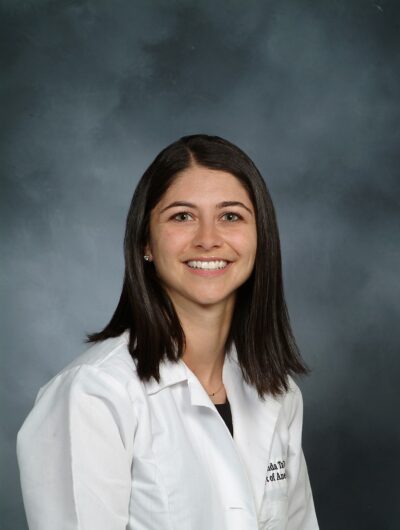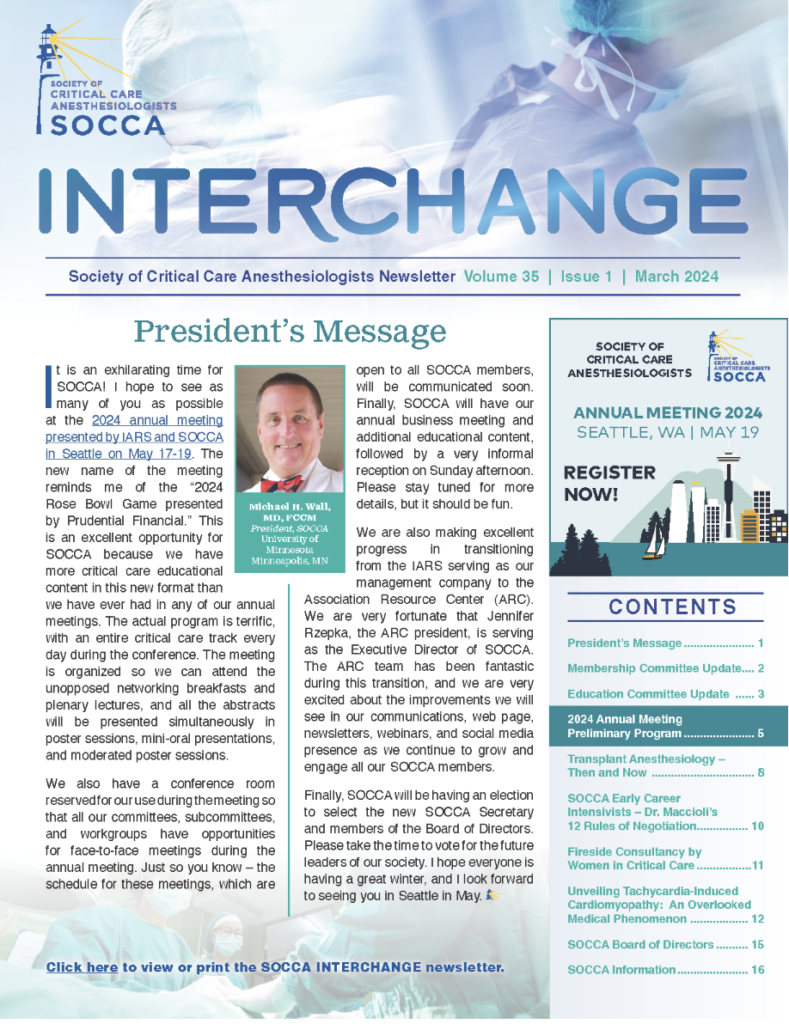Service Chiefs’ Advisory Council Update: 2024 and Beyond
The SOCCA Service Chiefs’ Advisory Council (SCAC) aims to include representatives from every organization with an active anesthesiology critical care practice, specifically the one or two individuals with the broadest and most directly relevant administrative purview from each organization. Depending on the size and scope of any given practice, this may be a vice chair for critical care, a division/section/service head, and/or an intensive care unit medical director. In support of SOCCA’s mission to support and develop anesthesiologists who care for critically ill patients, the SCAC seeks to facilitate a greater understanding of the national clinical, operational, and administrative landscape to better inform SOCCA and our national practice while facilitating collaboration and mutual aid. The SCAC is currently composed of approximately 174 individuals from over 110 organizations around the country, including academic and community practices with and without critical care medicine fellowship training programs. Participation in SCAC is agnostic as to any given individual’s SOCCA membership status in support of cultivating a comprehensive national scope.
Having formed in May of 2022, the SCAC recently celebrated its first anniversary and related accomplishments. Initial priorities for the group arose via self-determination and were largely administrative in nature, recognizing the challenges associated with the creation and organization of a large coalition of the willing: growth and maintenance of the group, early steps to promote collective benefit, and zeroing in on inaugural collaborative efforts. To that end, the SCAC now boasts a robust, internally available, contact directory, better incorporation of community practices, and several successful external collaborations.
Looking ahead, the SCAC has identified several ways to make meaningful contributions to our collective national anesthesiology critical care practice landscape.
- Surveys have been an important tool to better understand the national anesthesiology critical care practice landscape. Fundamentally, such surveys are snapshots in time that reflect the current state of the respondents who participate. It has become increasingly apparent that there are gaps between the current state and the ideal state when it comes to anesthesiology critical care timekeeping models, staffing models, compensation models, and other key administrative aspects of practice. To that end, the SCAC is planning to undertake a Delphi-backed consensus effort to generate a methodologically robust set of statements about best practices in these domains, which will help to bridge the gap between the current state and the ideal state. The SCAC, as a coalition of individuals with relevant administrative expertise, will be able to contribute expert opinions to such an effort. These efforts will serve to bolster those from other aligned groups, such as the ASA’s Committee on Critical Care Medicine.
- A highly competitive anesthesiology labor market has led to rapid evolution in compensation for anesthesiologists. This has not only forced organizations to critically evaluate their approaches to physician compensation but is also a likely driver of residency graduate behavior when it comes to career path selection. Due to substantial structural differences in the delivery of and reimbursement of anesthesiology and critical care medicine, broad insight into relevant aspects of compensation for anesthesiology critical care services is necessary to better support individual physicians and their practices in their local advocacy efforts. To that end, SCAC plans to design, conduct, and then report a national anesthesiology critical care compensation survey, inspired in part by similar efforts from the Society of Cardiovascular Anesthesiologists [1, 2].
- The SCAC also remains committed to external collaborative relationships. To that end, members from the SCAC constituency are planning to collaborate with individuals from SOCCA’s Program Directors’ Advisory Council to explore and define what aspects of our clinical practice should be core elements of fellowship training versus those that may reasonably require additional training, development, or mentorship in practice based on their specialized nature. The SCAC also offers an opportunity for job-seeking critical care anesthesiologists to gain better visibility into employment opportunities, and we are exploring related ideas in partnership with SOCCA’s Committee on Membership.
In closing, as the SCAC’s current leadership team, we would like to extend heartfelt thanks to its participants for continuing to grow and develop this endeavor. Please do not hesitate to reach out with questions about your organization’s representation and/or if you suspect your organization may not yet be included. Similarly, we welcome opportunities for collaboration within SOCCA or beyond to further the cause of anesthesiologists practicing critical care medicine.
References
- Dalia AA, Vanneman MW, Bhatt HV, Troianos CA, Morewood GH, Klopman MA. Trends in cardiac anesthesiologist compensation, work patterns, and training from 2010 to 2020: a longitudinal analysis of the Society of Cardiovascular Anesthesiologists Salary Survey. Anesth Analg. 2023;137(2):293-302.
- Shaw AD, Glas K, Shernan SK. Cardiac anesthesiologist compensation and working patterns: 2010-2020. Anesth Analg. 2023;137(2):289-292.






































